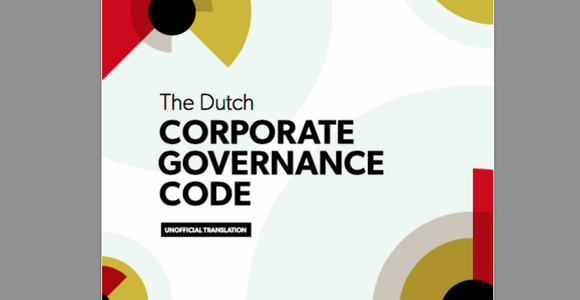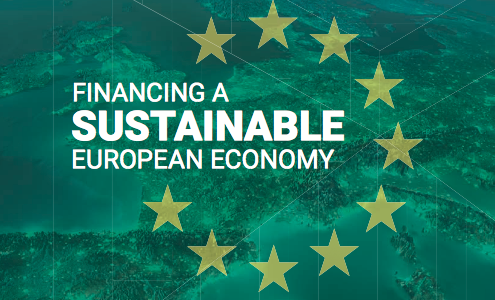Launched in the context of the Capital Markets Union, the consultation also looked at the possible obstacles to long-term, sustainable investment. Institutional investors, asset managers, NGOs, public authorities, business federations and other service providers such as a credit rating agency, auditors and investment research providers participated in the consultation.
The results have now been published online: https://ec.europa.eu/eusurvey/publication/longtermandsustainableinvestment
The Commission has also published a summary of the consultation: http://ec.europa.eu/information_society/newsroom/image/document/2016-44/feedback_final_pc_30068_en_19173.pdf
Below we highlight a few key results:
- Respondents noted that due to short investment horizons, most investors do not consider the majority of ESG issues financially material. There is also an observable failure to consider systemic risks like climate change.
- Fiduciary duties are not clear enough - especially how obligations should be transmitted through the investment chain to asset managers and investment consultants.
- Incentives through investment chains are short-term focused.
- 'Comply or explain' is not the right way to incentivise companies to disclose ESG information; compulsory reporting is more effective.
- Financial materiality could be increased by regulators, e.g. by imposing a meaningful carbon price or ensuring access to remedy for communities harmed by negative corporate behaviour. A pertinent recent case study is the UK Modern Slavery Act.
- Respondents noted the lack of a widely accepted standardised framework for ESG reporting and competing non-binding standards. An additional issue is the lack of assurance.
- There is a lack of a regulatory monitoring mechanism and proper sanctions for inadequate disclosure.
- The board plays a key role in terms of oversight and responsibility.
- The underlying problem is the short-termism of markets, which is reinforced by short-term incentives, highly diversified portfolios, and passive investment strategies.
- There are best practices for integrating esg into remuneration that can be drawn on to address the issues outlined above, including improved Key Performance Indicators and clawbacks.
- ESG issues are not properly integrated into credit ratings.
- The current accounting framework incentivises short-termism (e.g. through the use of mark-to-market accounting).
Next Steps - A chance to define fiduciary duties?
The Commission has not yet decided what action to take but it seems likely that they will critically examine fiduciary duties. The Commission is also waiting for the results of the High Level Expert Group on sustainable finance, which is expected to “submit to the Commission a set of policy recommendations aimed at facilitating the flow of public and private capital towards sustainable investments, and minimising possible risks to the EU financial system due to its exposure to carbon intensive assets. A particular focus will be on environmental sustainability and, where relevant, social and governmental risks.”
Additionally some activity could be taken under the Capital Markets Union umbrella initiative (see 2017 Commission Work Programme, #9 of Annex I):
“A mid-term review (non-legislative; Q2/2017) will take stock of progress on the implementation of the Capital Markets Union and identify potential additional measures required to improve the financing of the economy. New measures will include a framework for an EU personal pension product (legislative/ non-legislative, incl. impact assessment; Art. 114 TFEU; Q2/2017); a REFIT revision of the European Market Infrastructure Regulation (EMIR) (incl. impact assessment; Art. 114 TFEU; Q1/2017); an Action Plan on retail financial services (non-legislative; Q1/2017); and additional delegated legislation to facilitate funding of infrastructure corporates by institutional investors (incl. impact assessment; Q4/2016).”
Specifically on the question of fiduciary duties, which was one of the key areas of focus of the public consultation on long-term sustainable investment, there is now some debate whether the recent revision of the IORP II Directive is sufficient to clarify the obligations of institutional investors to consider ESG risk or whether this has been adequately dealt with. The Commission noted in its summary of the responses that: “The large majority of contributors, in particular institutional investors and NGOs, argued that fiduciary duty i.e. the duty of investors and asset managers to act in the best interest of the beneficiary (i.e. future pensioners) or the client (i.e. retail or institutional investors) was not clear enough and could therefore be used as an excuse for not considering ESG matters in investment decisions.” This suggests that further guidance from the EU could be useful to clarify both the letter of the law and its practical application.


















